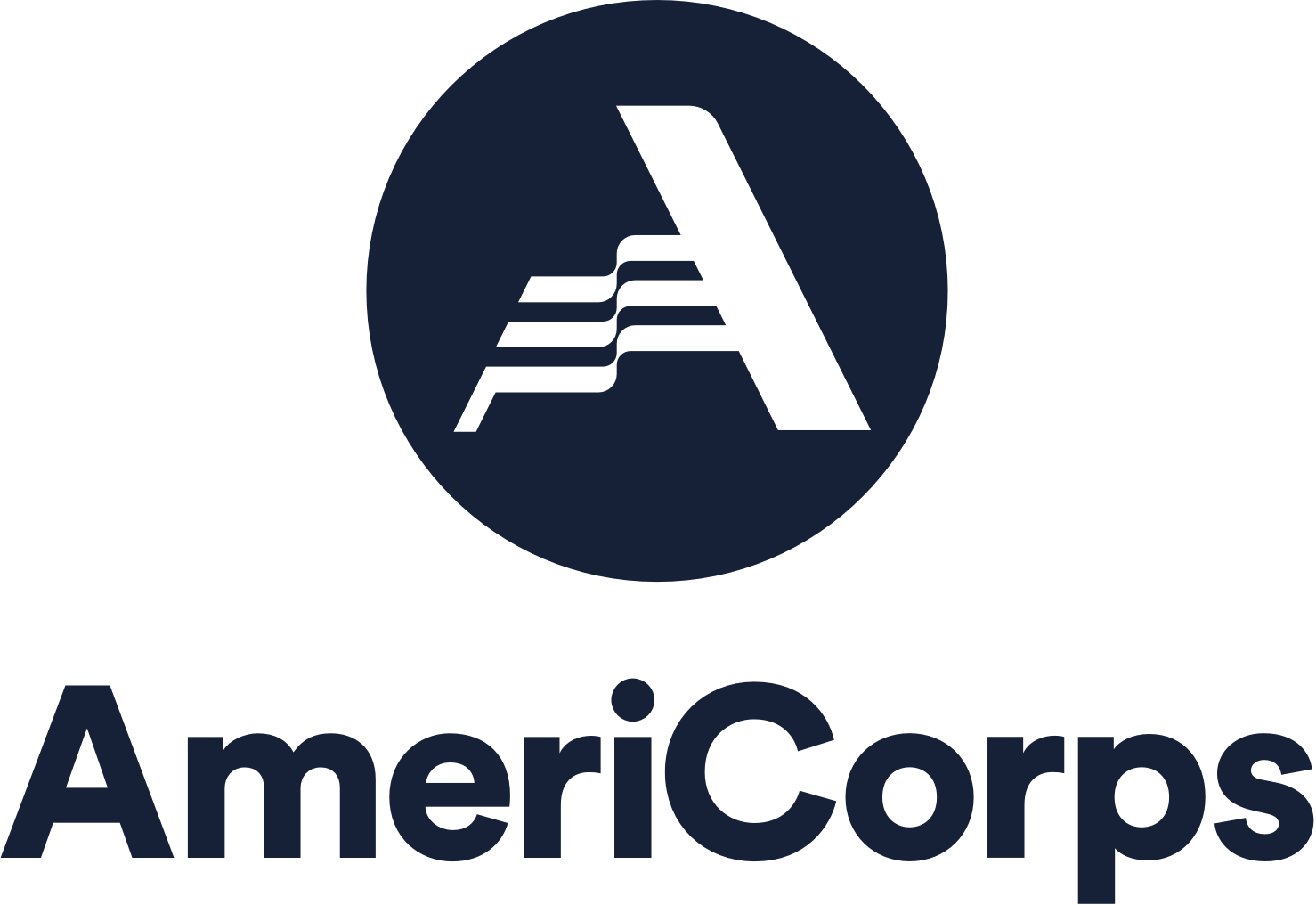In 2019, Up2Us Sports updated its framework to align its SEL strategy and approach with present trends and findings, using CASEL’s SEL framework as a model.
Social and Emotional Learning (SEL) has become a popular topic within youth development programming, and rightly so. Research finds that those with strong SEL skills can deal with adversity in healthier ways, have a greater ability to problem solve, and can regulate their emotions more efficiently. With the various training sessions and events that youth organizations host to promote and cultivate SEL among young people, it is easy for this method to become information that we understand in theory but neglect to incorporate in our own work with youth. This happens, not because we don’t find the framework valuable, but rather “we just don’t know how.”
At Up2Us Sports, our training is focused on building SEL skills on and off the playing field in an effort to approach youth development in a holistic manner. We understand that to get the best out of young people we must use our time with them intentionally and make each moment count. Here’s how you can bring the SEL framework to your team’s practice:
Transition In & Informal Time: When students come to our practices, they may be transitioning from a class, coming from home, or even arriving from another after school program. No matter where student athletes are transitioning from, it is important that we create an environment where students can adjust physically, mentally, and emotionally. This transitional time is good for coaches to use the SEL skill of Relationship Building. To do this, coaches can engage in social conversation or opt-in activities with peers and coaching staff, or check in with players about how their math test went this morning. The key to informal time is for players and coaches to feel comfortable creating meaningful connections outside of the sport.
Warm Up: The Warm Up is the time where players prepare both their bodies and their minds for practice. With the understanding that preparation looks differently for each player, coaches should allow a set time during the warm up for players to do their own preparation for practice. Whether it’s before or after the traditional group warm up, assigning two extra minutes to give players the opportunity to revisit a stretch, meditate, or hit a quick jog to get their blood pumping, allows players to prepare their own bodies for practice and assists them in developing the Self-Management skills that SEL calls for. When players have strong self-management skills, they can regulate their attitudes, emotions, and impulses in healthy ways. Allowing players the space to prepare themselves in this manner gives them an opportunity to learn about and meet their bodies unique needs.
Play: Play is what takes up a bulk of practice time, which is why incorporating the SEL framework here is crucial. Creating drills and activities to help players see their successes, helping them through areas that they can grow in, and creating an environment where players feel empowered to take on a challenge without the constant fear of failure is important in building their confidence and resilience. Part of play is giving players the opportunity to tap into the SEL skill of Responsible Decision Making. With this skill, coaches allow players the autonomy to think and move for themselves without constantly seeking the coach for instructions on what they should do in each situation. Players with strong responsible decision-making skills make constructive choices, are more confident in themselves and their abilities, and can discern safe and unsafe decisions. Whether it’s allowing the point guard to call the play on their own or creating drills where players have to make a decision and react in the moment, coaches must recognize that to truly develop responsible players on and off the playing field they must trust their players enough to think for themselves.
Cool Down: The Cool Down is the space for players to practice two SEL skills, self-awareness and social awareness. Through group huddles or light activities, the cool down asks players to use their self-awareness skills by being introspective as they reflect on the practice’s outcomes of the day, their engagement in the practice, and how they can apply the lessons of the practice into their own lives. While one player shares their thoughts and feelings, the team listens to hear their teammate’s perspective. This act of listening gives the team the opportunity to learn more about their teammates and potentially learn a new point of view. This creates Social Awareness or the ability to take the perspective of those who may share a different background or culture and empathize, learn social norms, and even recognize and respect a new perspective. Self-Awareness and Social awareness work together to make players confident in sharing their thoughts with others while also being receptive and understanding to other points of view.
Informal Time & Transition Out: Lastly, the transition out allows players to prepare for whatever may be coming next when they leave practice. During this time, coaches remain accessible to players who may not be leaving immediately or are seeking connection without the pressure of practice and other players around. Just as in the beginning of practice, the SEL skill of Relationship Building is important here. Transitioning out of practice with a good conversation or a thoughtful word from a coach sets your players up with a positive attitude and a reminder that they matter.
Together, incorporating these five methods into your practices will help you to support young people in building strong SEL skills that will benefit them far beyond the playing field.
To get more trauma sensitive distance coaching tips and view the rest of our distance coaching portal, visit www.up2ussports.org/up2ussportsathome.





